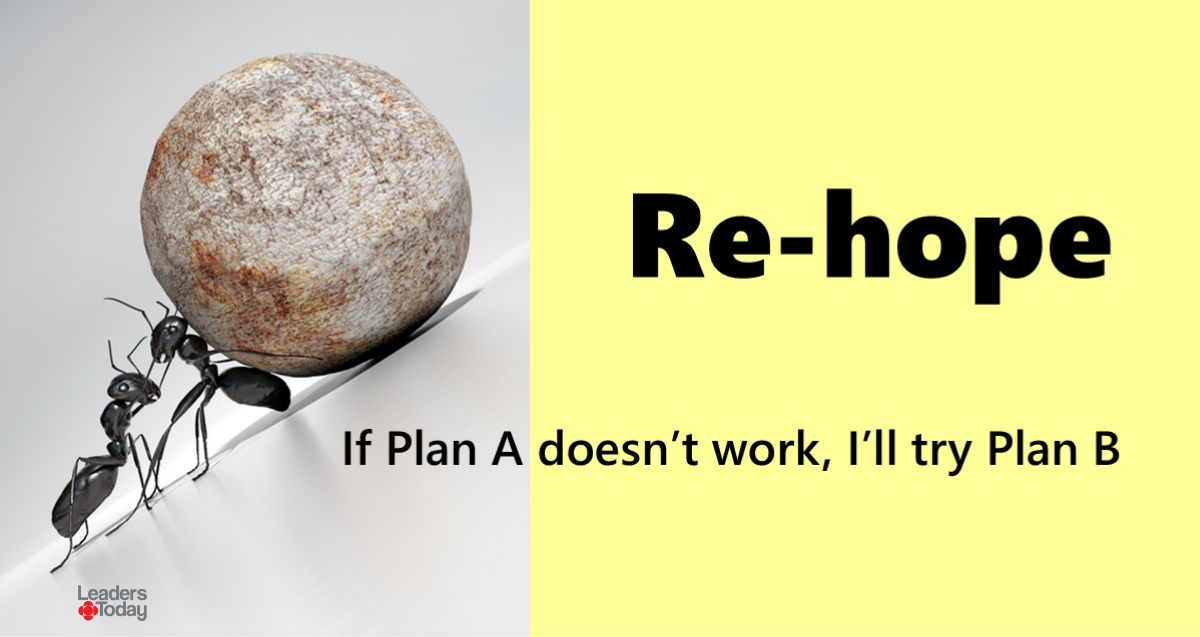Coaching skills, the fast lane to soft skills
High demand for soft skills
Soft skills are in high demand, whether you are an aspiring candidate, just inside the entry point threshold or a seasoned manager. There are so many definitions of soft skills that the concept can be somewhat elusive. You might say they include effective interpersonal communication, empathy, social graces, ability to resolve conflicts, solution-focus, positive attitude, likeability, self-motivation, and ability to influence.
Those who are not inclined towards them refer to this “touchy-feely stuff” with some apprehension. If you’re not really sure about how to acquire soft skills, learn how to coach. You will forge the right mindset and easily master the behaviors that are indicators of a high mastery of soft skills.
It begins with listening
To start with, as a coach you will learn how to listen deeply. That means silencing your busy, talkative mind, suspending judgment and holding an inner quiet that will enable you to hear everything that the other person is saying, including what they are not saying. Your attitude will show that you are interested in what they say, that you care about their ideas. Listening is the most powerful of all soft skills. By listening attentively, you develop empathy and your likeability factor will certainly get a boost – even if that’s not what you were looking for!
Notice how people can grow
As a manager who coaches you will see that everyone can develop and grow. The more you use open-ended questions and other coaching techniques to help others come up with their own solutions, the more you will be confident in their abilities. You will build up a positive mindset and a firm belief in other people’s (and your own) potential which is the best way to motivate them to reach for even more than they had ever thought was possible.
So, the more you listen attentively to people, the more they will feel welcomed and acknowledged. The more you show confidence in others’ potential and help them grow it, the more you will be appreciated for your leadership.
Questions can be powerful
Coaches ask lots of thought-provoking questions so that their coachee can think through their issues. As you learn how to ask powerful questions, you will become more and more adept at helping others to identify solutions and find new perspectives. As you realize that the question-asking process really works, you will develop a positive solution-focus and you will resolve your own challenges with the same questioning strategy.
Lastly, when you learn how to coach, you will become familiar with many coaching tools that help you support the person you are talking to through difficult work situations, such as conflict with colleagues, a difficult choice to make, or lack of self-confidence to accomplish a task.
If as a manager you’re timid about approaching the “touchy-feely stuff”, then learning how to coach will enable you to do so naturally, with competence, and assurance. These are only a few ways in which learning coaching skills can help you acquire soft skills effortlessly, without even noticing that you have!








